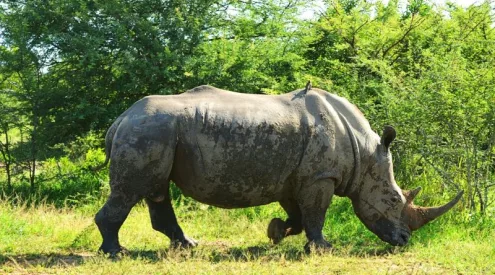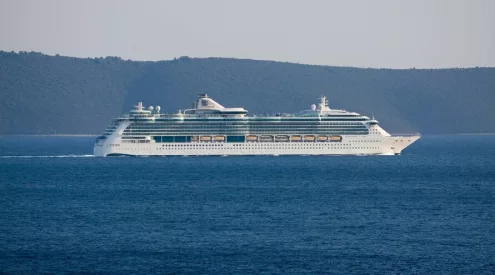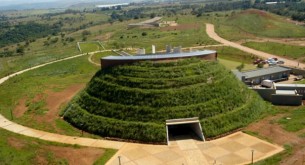Even though My Octopus Teacher may have dissuaded some diners from ordering a tentacled creature for dinner, octopus populations are declining at an alarming rate. Some companies have successfully developed octopus farms to resolve this conundrum, but only to the dismay of scientists and conservationists.
READ: My Octopus Teacher brings home the Oscar

Farmed octopus, anyone?
An estimated 350 000 tonnes of octopuses are caught in the wild every year to feed our ferocious appetite, where they sizzle in pans across the world. Global production for octopus has more than doubled since 1980, with the amount available on the market declining. To address this issue, some companies have come to the fore proposing farming octopus, which has become a hotly debated topic.

Octopus is a delicacy all over the world, from Mediterranean dishes to diners in South Korea.
As anyone who heard of My Octopus Teacher knows, octopuses are sentient beings, with a high degree of intelligence. This has led scientists to reject the idea of farming octopuses to feed the restaurant industry.
According to the BBC, a group of experts sifted through more than 300 studies to conclude that octopuses are ‘sentient beings‘ with ‘strong scientific evidence that they could experience excitement, joy, pain and harm.
This has put scientists in a predicament because octopuses are being fished at an unsustainable rate, but farmed octopus, even though it may save the wild population, has greater ethical implications. The Spanish multinational logistics network of frozen products, Nueva Pescanova (NP) announced that it will begin marketing farmed octopus next year to sell in 2023.
The company built on research done by the Spanish Oceanographic Institute (Instituto Español de Oceanografía) before basing a commercial farm close to the port of Las Palmas in the Canary Islands, becoming the world’s first farm for the cultivation of the common octopus.
The farm predicts that it will produce 3 000 tonnes of octopus per year, stating that this would prevent many octopuses from being extracted from the wild.
NP has refused to reveal details of the conditions octopuses will be kept. The food they eat and their slaughter is all a trade secret. They state on their website that they are ‘firmly committed to aquaculture as a method to reduce pressure on fishing grounds and ensure sustainable, safe, healthy, and controlled resources, complementing fishing.’
An international group of researchers have expressed their discontent for proposed octopus farming, stating that ‘octopuses are particularly ill-suited to a life in captivity and mass-production, for reasons both ethical and ecological.
‘These animals are amazing animals,’ Dr Elana Lara, Compassion in World Farming research manager, told the BBC. ‘They are solitary and very smart. So to put them in barren tanks with no cognitive stimulation, it’s wrong for them’.
Lara argues that NP’s actions are purely commercial and that their environmental argument is illogical, where farming octopuses could add to the growing pressure on wild fish stocks, where octopuses need to eat up to three times their body weight.
Pictures: Unsplash
ALSO READ
Cape Town’s kelp forest makes Bloomberg’s new Seven World Wonders
First recording of leopard seals eating sharks in New Zealand
















